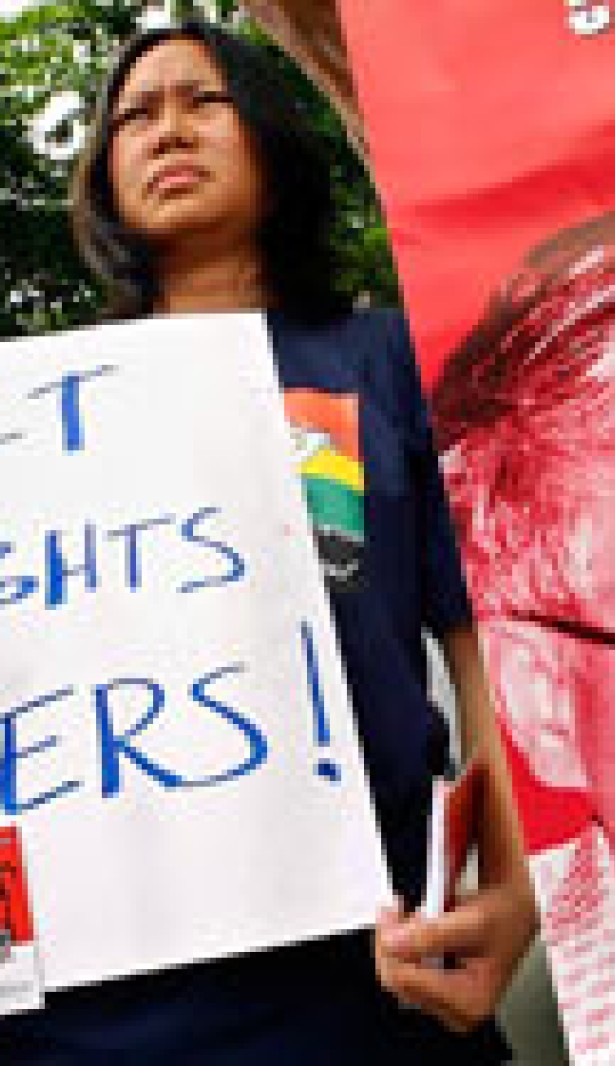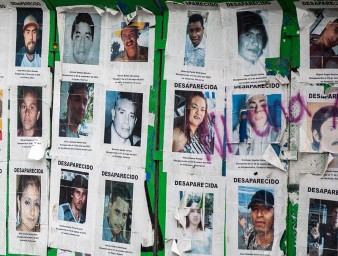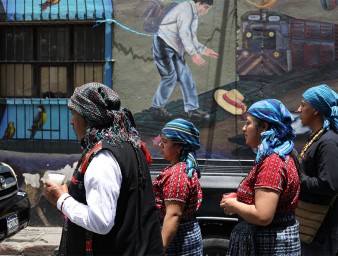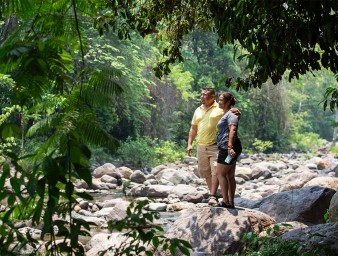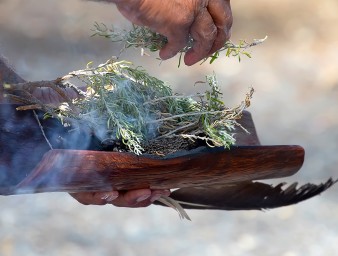Defenders urgently need a safe and enabling space
31 March 2014
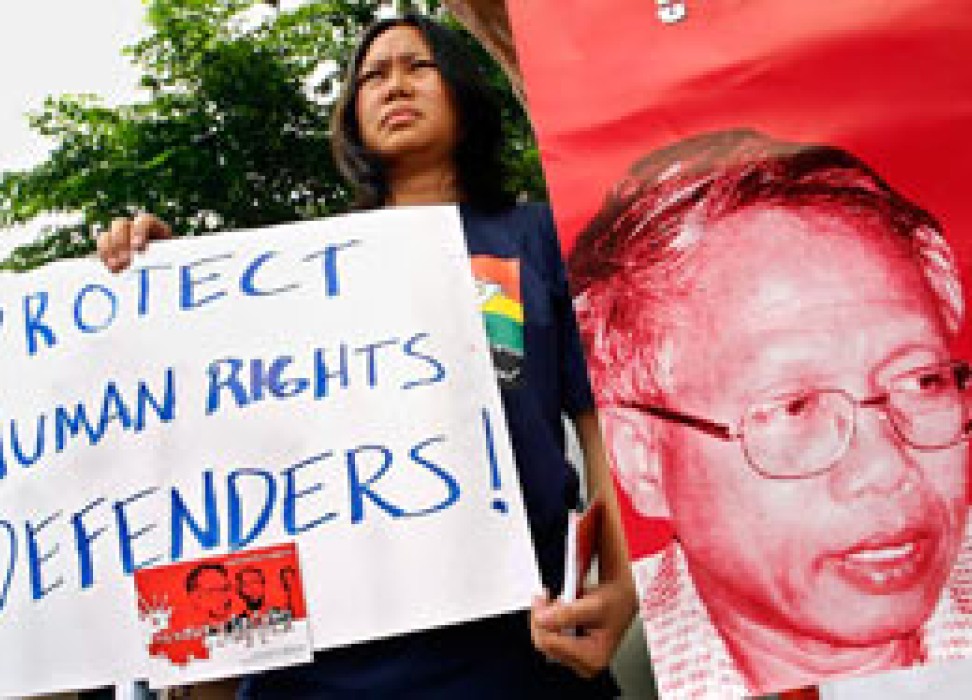
Defending human rights remains a dangerous activity in some countries where defenders continue to be threatened, charged with criminal offences, arbitrarily arrested, attacked, tortured, subject to enforced disappearances and even killed, according to Margaret Sekaggya, Special Rapporteur on the Situation of Human Rights Defenders.
“I have seen the space for civil society and defenders visibly shrink in many parts of the world,” said Sekaggya during the presentation of her final report to the Human Rights Council’s 25th Session in Geneva, Switzerland. “Furthermore, I have observed the development of sophisticated forms of silencing the voices of defenders and impeding their work.”
These sophisticated forms include the application of legal and administrative provisions or the misuse of the judicial system to harass, criminalize and stigmatise their activities. State and non-state actors are involved in these acts, explained Sekaggya, and these acts not only endanger and undermine the work of human rights defenders, but also “impose a climate of fear and send an intimidating message to society at large.”
Non-state actors, including private companies, are also involved in abuses against defenders. For instance, security guards employed by private large-scale development corporations have harassed, threatened, and attacked defenders working on issues related to land.
In her report, Sekaggya highlighted the groups who are most at risk of violations including judges and lawyers, journalists and media workers; trade unionists; youth and student defenders; those working on sexual orientation and gender identity, and defenders who are working on environmental and land issues. Women human rights defenders, those working on women’s rights and gender issues are especially at risk.
In order to create a safe and enabling environment for defenders, the Special Rapporteur included a number of recommendations to States, the international community, non-state actors and human rights defenders in her report.
States should ensure that defenders can work in a conducive legal, institutional, financial and administrative framework by refraining from criminalizing defenders’ peaceful and legitimate activities, the report notes. Member States should also guarantee that violations by State and abuses by non-State actors against defenders are investigated and that perpetrators are brought to justice. It is also imperative that acts of intimidation and reprisals against defenders who interact with the United Nations, it representatives, and mechanisms in the field of human rights are condemned and investigated.
States should publicly recognize and support the legitimate work of human rights defenders and provide them with protection. The report also recommends that non-State actors should respect and recognize the work in accordance with the Declaration of Human Rights Defenders and familiarize themselves with the UN Guiding Principles on Business and Human Rights.
“The defence and promotion of human rights are legitimate and courageous activities necessary to ensure that communities can fully enjoy their entitlements and realize their potential,” says Sekaggya. “Moreover, defenders can play a key role in safeguarding democracy and ensuring that it remains open, pluralistic and participatory and in line with the principles of rule of law and good governance.”
31 March 2014
